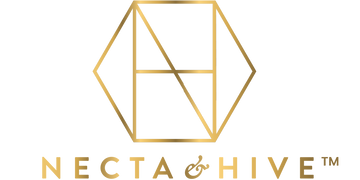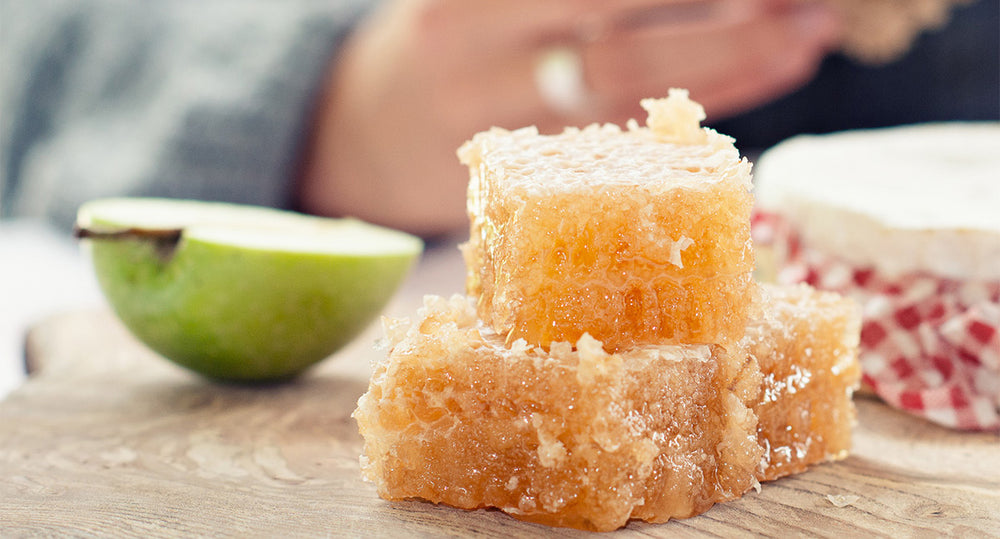Did you know that by eating Necta & Hive active, healing honeys, you’re helping to support the planet too? Well you most certainly are! Necta & Hive Jarrah 22+ TA honey and Necta & Hive Marri Wild honeycomb 15+ TA are both produced by bees that forage on Western Australian eucalyptus trees. The Jarrah and Red Gum (or Marri) trees are both from the eucalyptus family of trees and are native to Western Australia.
The result is delicious, sticky, sweet honeys, both with a unique flavour and exceptional healing properties. But what does this have to do with sustainability and supporting the planet, we hear you cry!
The Sustainability of Eucalyptus
It’s all down to the sustainability of the eucalyptus tree. Eucalyptus, like bamboo, is a fast growing crop and when it’s harvested, it’s cut down, rather than being uprooted. This means that it can grow back quickly, making it a planet friendly, renewable material. In fact, the eucalyptus tree loves to be cut back in this way (called coppicing) in order to stimulate more growth.
However, the eucalyptus tree might not sound like it’s very useful because we don’t hear much about it, but that couldn’t be further from the truth. Eucalyptus is perhaps most well-known for its essential oil, which is extracted from the leaves of the tree and used as a disinfectant and to help clear the stuffiness of coughs and colds.
But eucalyptus trees are now playing a crucial role in halting the damaging environmental effects of fast fashion. The woody pulp, called cellulose, of the eucalyptus tree can be made into an ethical fabric, that can be used to make eco-friendly clothing. The resulting material is called Tencel and is made using a sustainable, closed loop process called lyocell.
The lyocell process uses minimal (non-toxic) chemicals and water, and what it does use, is recycled and used again and again, hence a ‘closed loop’ system. What’s more, true eucalyptus Tencel is only ever made using eucalyptus grown in responsibly managed forests, certified as such by the Forestry Stewardship Council (FSC). Plus, since no plastic is involved, such as in polyester clothing, no plastic microfibres are released into our waterways when we wash clothes made from eucalyptus Tencel. At the end of its useful life, this fabric can also be composted.
Necta & Hive Honey and Sustainability
As with most eco-friendly things, the eucalyptus tree is only sustainable if it’s grown in its native surroundings, such as Western Australia where Necta & Hive honey is produced.
Sadly, around the world, huge swathes of forest are being cleared to make room for crops such as eucalyptus and bamboo in non-naïve environments. In these cases, the trees are grown artificially with the use of pesticides and vast amounts of water, which is far from sustainable. So make sure in your quest to be greener, you’re not greenwashed in the process.
The Jarrah and Red Gum trees our bees are free to forage on in Western Australia are grown in their native, responsibly managed homelands, that grow exclusively without pesticides. Whilst they happily grow, destined for a life as a beautifully aromatic essential oil or an ethical fabric, our bees happily forage on their nectar to produce our honey. Isn’t nature, when left to do its thing, wonderfully serendipitous?
So by choosing Necta & Hive honey, you’re choosing to support nature and sustainability. And we don’t think there’s anything better.






